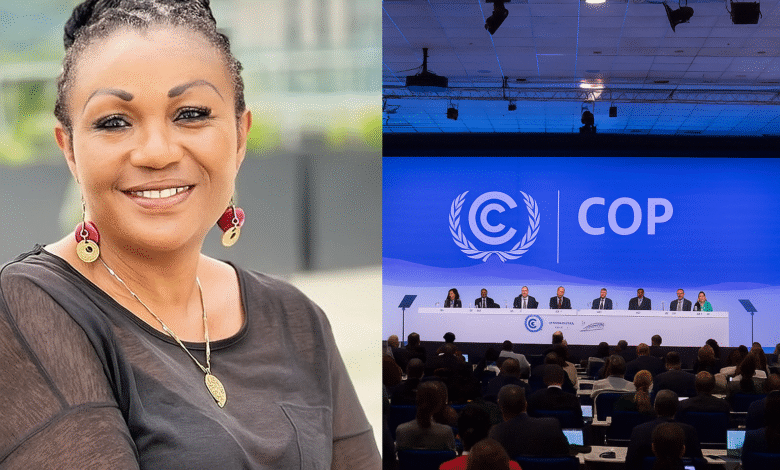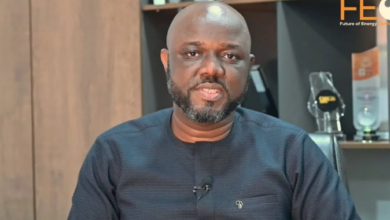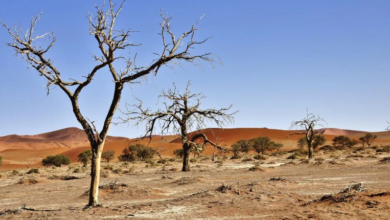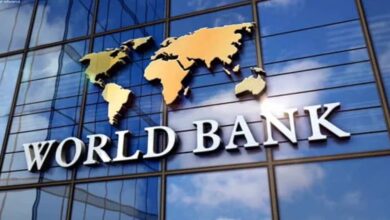African Leaders Urged to Back Mineral Governance with Action Ahead of COP30

African leaders have been commended for taking a historic step by recognizing the role of minerals in their joint climate declaration for the first time. The move, which highlights the continent’s central role in powering the global clean energy transition, is being described as a turning point but experts warn it must be followed by concrete governance reforms.
Nafi Quarshie, Africa Director of the Natural Resource Governance Institute (NRGI), described the recognition as a “landmark step” that reflects Africa’s leadership in shaping the clean energy future. However, she cautioned that symbolism without strong policy action could risk repeating the mistakes of past resource booms.
“Without strong governance, the mineral boom could repeat the mistakes of the past,” she said. “African leaders must now also embed minerals into their priorities for COP30 so the global climate framework helps create jobs through mineral processing and new industries, fuelling green industrialization and shared prosperity instead of new sacrifice zones in Africa and everywhere else.”
Minerals at the Heart of Energy Transition
Africa is home to vast reserves of critical minerals such as cobalt, lithium, manganese, and graphite, which are essential for batteries, renewable power technologies, and electric vehicles. Analysts say the inclusion of minerals in Africa’s climate declaration signals growing awareness that the continent’s resources are not just export commodities but strategic assets that could drive industrialisation if processed locally.
Governance is Key
The call for stronger governance echoes lessons from Africa’s history with oil and gas, where resource wealth often failed to translate into widespread prosperity. Experts note that without transparent contracts, effective regulation, and deliberate investment in value addition, the mineral boom risks creating new “sacrifice zones” marked by environmental damage, social conflict, and economic inequality.
Path to COP30
With COP30 set for November 2025 in Belém, Brazil, observers believe African leaders have a narrow window to push for a global climate framework that prioritises not only access to minerals but also equitable participation in green value chains. Embedding mineral governance into Africa’s official priorities could position the continent as a partner, not just a supplier, in the energy transition.
Industry watchers say Ghana and other resource-rich states face a choice: remain exporters of raw minerals or leverage the clean energy shift to build resilient, job-creating industries.




